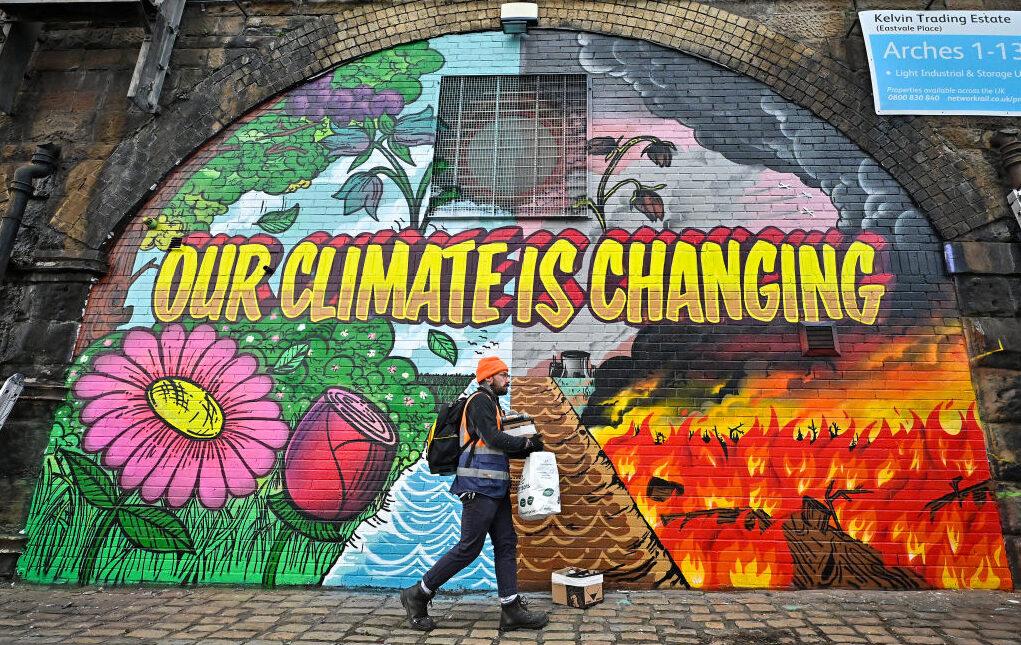Commentary
We don’t need to wait for media coverage and live tweets from the U.N. climate change conference to know that the results of COP26 will be more of the same old hysterical alarmism—tinged with deeply troubling anti-humanism.

We don’t need to wait for media coverage and live tweets from the U.N. climate change conference to know that the results of COP26 will be more of the same old hysterical alarmism—tinged with deeply troubling anti-humanism.